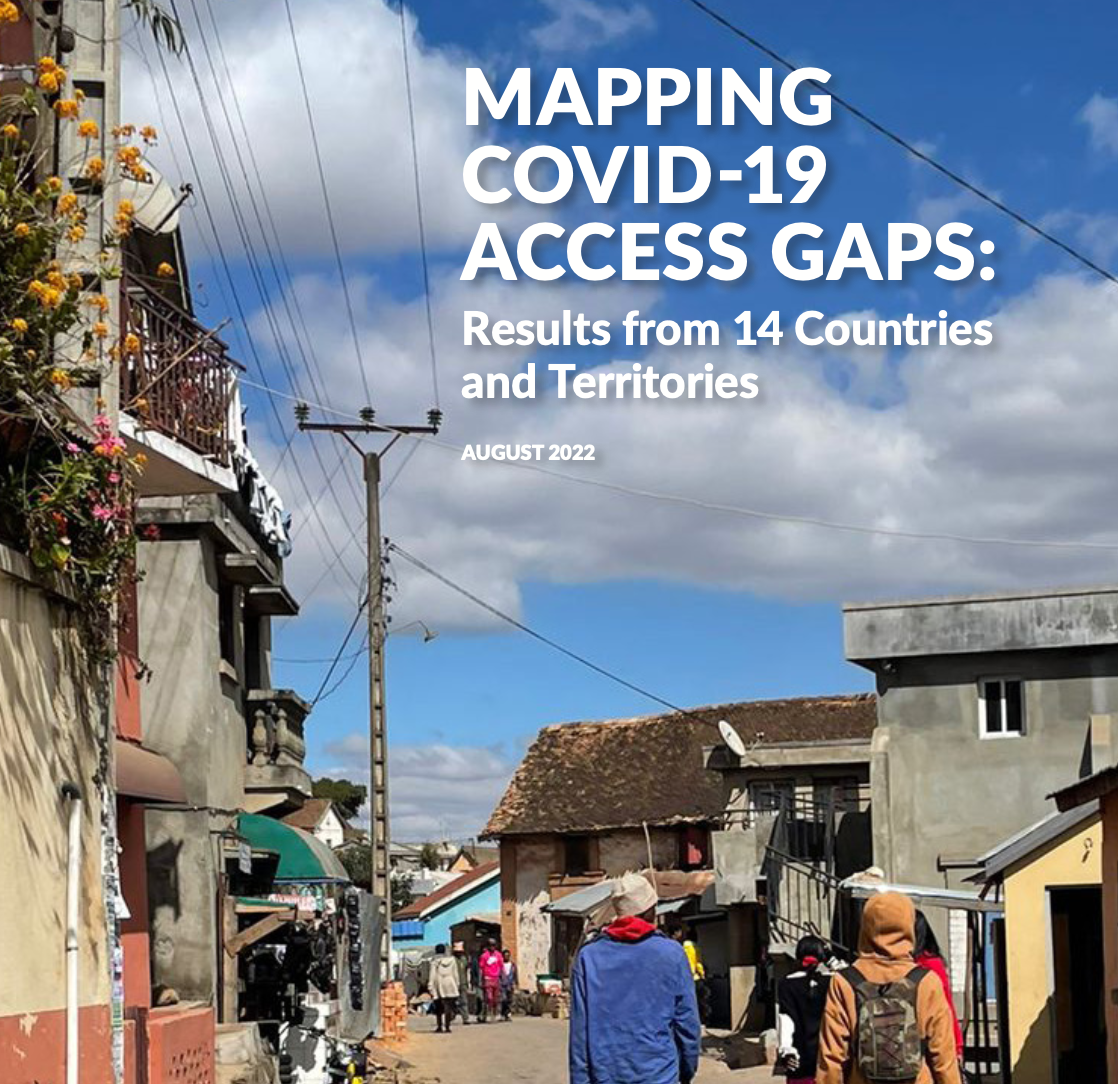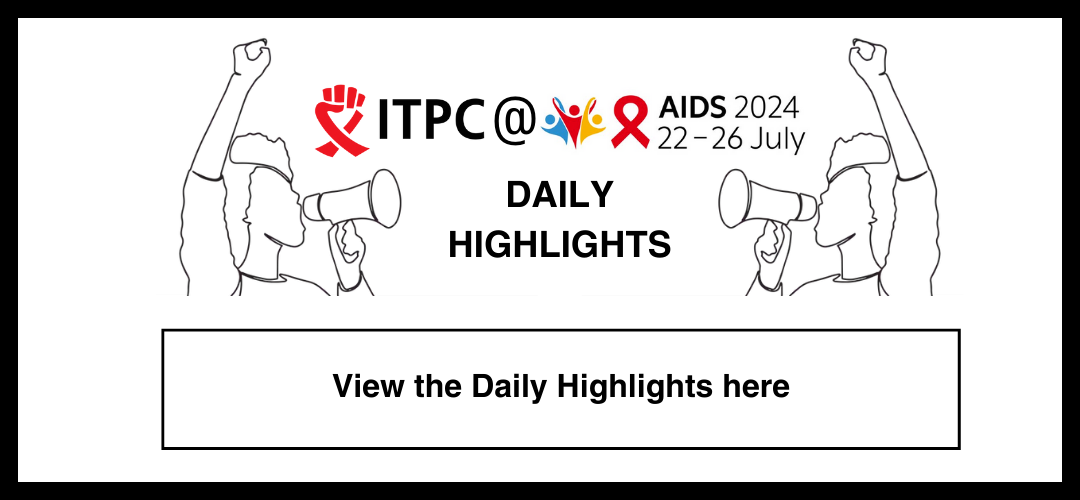As the world tries to move on from COVID-19, access to COVID-19 tools including rapid tests, novel antivirals, vaccines and oxygen remains inequitable in lower- and middle-income countries.
ITPC and the People’s Vaccine Alliance engaged Matahari Global Solutions on the second phase of a mapping exercise to understand access to COVID-19 tools in 14 countries and territories (Bangladesh, Democratic Republic of the Congo, Haiti, Jamaica, Liberia, Madagascar, Nepal, Nigeria, Peru, Senegal, Somalia (and de facto state Somaliland), Uganda and Ukraine), six months on from publication of results from the project’s first phase.
Phase One findings indicated that there was no access to COVID-19 self-tests, that there was a lack of data on oxygen needs, and that vaccine access was impeded by poor operational support. In Phase II with more focus countries, Matahari collaborated with local consultants and organisations, including Adeyemi Adeitan in Nigeria, Dr Elia Badjo (COSAMED) in the Democratic Republic of Congo, and Katarzyna Bialous (Ankizy Gasy) in Madagascar. Together, our efforts were able to gain insights from within communities, including rural communities, of what barriers continue to exist.
Overall, the work found that health system failures exacerbate challenges of delivering COVID-19 tools, including the lack of professionalisation and remuneration of community health workers, that poor oxygen planning remains, that health workers in multiple countries have never heard of novel antivirals for COVID, that vaccine equity persists, and that urgent planning is needed to ensure direct bank transfers for individuals in the informal economies across all countries during the next pandemic.
Access the full report here: https://itpcglobal.org/blog/resource/mapping-covid-19-access-gaps-results-from-14-countries-and-territories
Read the one-page briefs on the Democratic Republic of the Congo and Nigeria.

